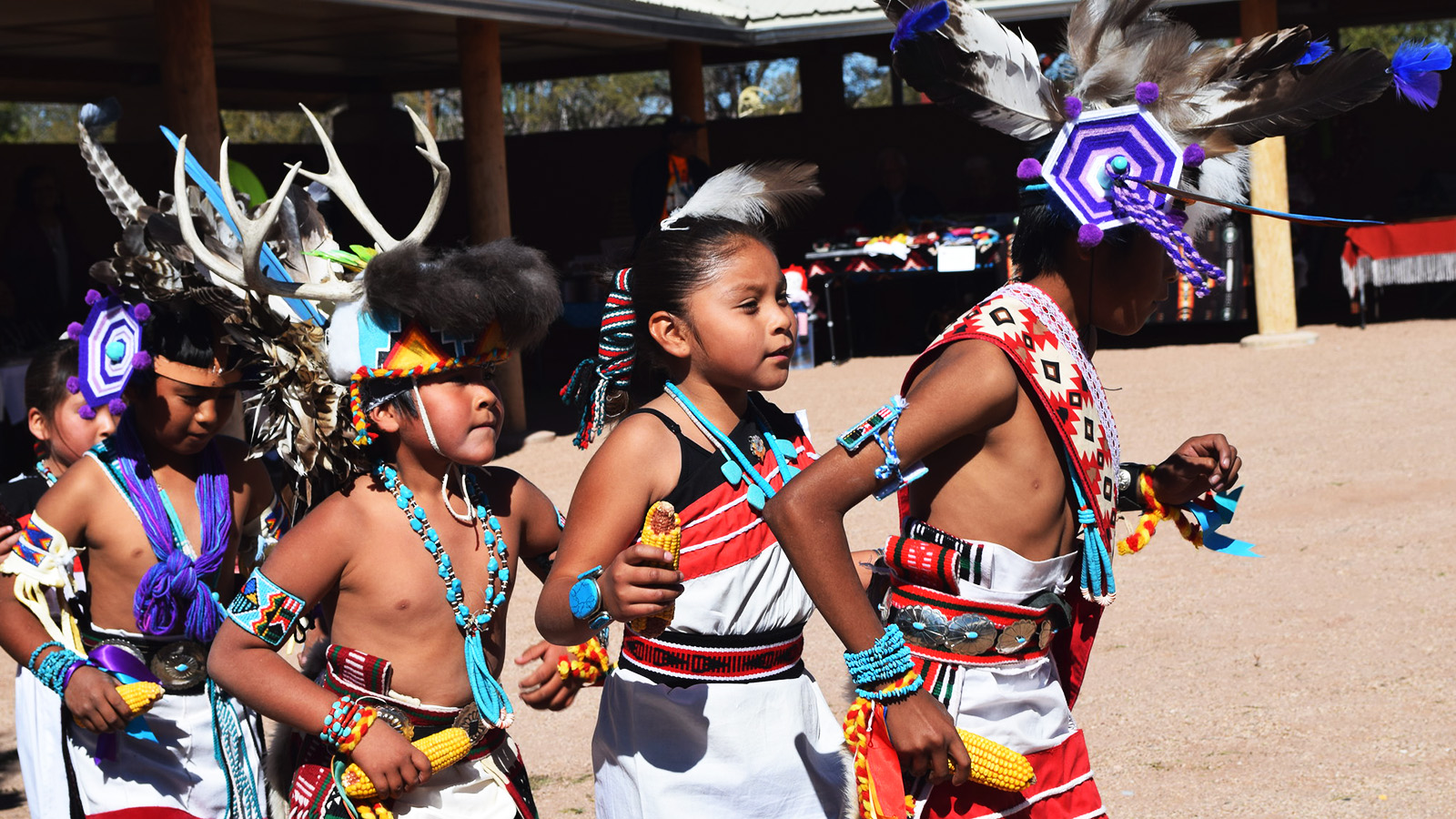There is very little written about the ethical, methodological, and epistemological approaches to community design and planning by indigenous communities. Historically, the mainstream professions have overlooked these in favor of Euro-Western practices.
Indigenous design and planning is informed by an emerging paradigm that uses a culturally responsive and value-based approach to community development. As generations of people have successively lived over time in the same place, they have evolved unique world-views. Adherence to values such as stewardship and land tenure have tempered the immediacy of exploitative practices and reactionary planning. Leadership balanced the immediacy of action (short term) with a comprehensive vision (long term). And in the lifetime of an individual, it is not unusual that their extended family consisted not only of oneself but three generations before and three generations after (known as the seven generational framework).
Indigenous communities have the additional need to make their projects culturally viable. Their contributions have too often been dismissed as inconsequential to the evolution of “great” building traditions and settlements. Often relegated to anthropology and the study of quaint vernacular traditions, accomplishments in indigenous architecture and planning have been consigned to anonymity and obscurity.
Today, one of the greatest challenges that tribes face is to see their populations, especially young people, shift away from their cultural traditions and towards urbanization. There is a heightened urgency to develop community environments suitable for retaining their cultural identity.
iD+Pi was created in the Fall of 2011 in the School of Architecture and Planning to counteract this. Its goal is to empower the next generation of architects, planners and landscape architects in indigenous design and planning. Only a handful of campuses across the world have begun to come to terms with the challenges that indigenous design and planning pose for the profession.
In many ways, our School is leading the charge. iD+Pi’s activities include both technical assistance and education. It is advocating for a design and planning curriculum that is informed by indigenous theory, practice, and research. In the past two years, courses in Indigenous Planning, Planning for Tribal Lands, Navajo Design and Planning, Pueblo Design and Planning, and Indigenous Architecture have been offered. The School employs both adjunct and regular Indigenous faculty. Over 30 native students at both the undergraduate and graduate levels are enrolled in the School.
iD+Pi’s tribally based activities are intended to educate and empower faculty, students, practitioners, and community leaders to establish culturally responsive community development. Indeed, we encourage students and practitioners, of any “stripe or flavor,” to seek our services and participate in our activities and courses. Together, we hope to reclaim our abilities to shape and mold our communities in our way, for the betterment of everyone.
Theodore (Ted) Jojola, Ph.D., Director

